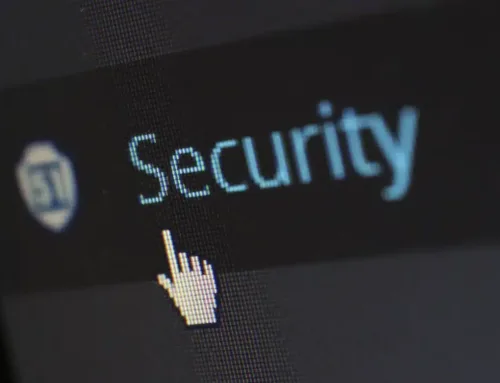Smartphone Cybersecurity For International Travel
When traveling internationally, there are two major issues to plan for regarding smartphone usage: cybersecurity best practices and management of usage costs. In a future article, I will discuss management of carrier charges while traveling internationally. In this article, I’ll discuss the cybersecurity concerns involved in smartphone usage during international travel.
Smartphones are essentially miniature computers, as complicated as a laptop or desktop PC. Their additional sensors (GPS, multiple cameras, microphones, etc.) grant them access to even more types of sensitive data than laptops and desktop PCs. Many of the standard best practices apply to smartphones as to Microsoft Windows computers: keep the device’s operating system up-to-date, run anti-virus/anti-malware tools, and be very careful what apps you install or data you access from the device.
Operating system updates are typically managed both by the manufacturer of the smartphone and the carrier, as some updates require input from both the manufacturer and the carrier. Do not postpone updates any more than is necessary to reach a WiFi connection and power source and have an hour or two when your smartphone is not needed for use.
There are fewer anti-virus/anti-malware choices for smartphones. One popular choice among multiple smartphone operating systems is Lookout. Risks vary between smartphone operating systems, as apps are typically more controlled by Apple than by Google/Android vendors, for example. Try to use only the app stores provided by Google, Apple, or the smartphone/operating system manufacturer. Though it is typically safer to open emails/documents on a smartphone than on a Microsoft Windows laptop or PC, no smartphone platform is completely safe from virus/malware threats.
Beyond being careful about what apps are installed, also exercise caution about which data network you are using. Connecting your smartphone to an unknown WiFi network presents inherent risks. It is typically safer to use the mobile data provider’s network than an unknown WiFi network. However, no assumption of security should be made regarding mobile carrier networks, especially when traveling in parts of the world where communication is more heavily monitored/managed by local governments.
Lastly, be concerned about physical security of the smartphone itself. Turning on complex passwords and encryption of the device is recommended, however, when traveling to certain parts of the world, it may be possible you will be required to unlock and/or hand over your smartphone to authorities. If you believe this is a risk, you may choose to leave your smartphone home during travel or perhaps purchase a “less smart” mobile phone for travel purposes.
Michael Senkbeil is a partner at Chortek LLP and specializes in IT management consulting and cybersecurity. Feel free to contact him at msenkbeil@chortek.com or 262-522-8248.



